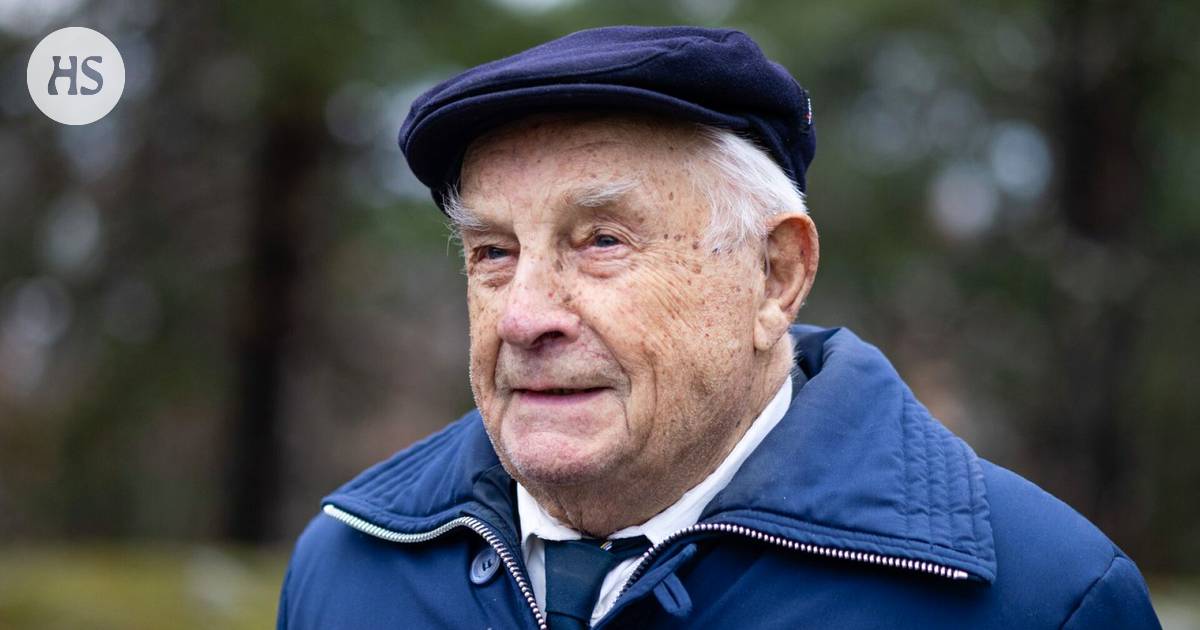Kurt Antskog served in the Finnish Continuation War in 1941–1944. He was 98 years old at the time of his death.
Stockholm
Kurt Antskog, the last member of the Finnish War Veterans Association in Stockholm, has died.
Antskog died late on Good Friday, says Juha Joki, Executive Director of the Swedish District of the Finnish War Invalids.
Antskog was 98 years old at the time of his death. He was born in June 1923 on Kemiönsaari in Southwest Finland. Antskog fought in the Continuation War for three and a half years, most of which was spent in the position war in Syvär.
Antskog settled in Sweden after the war and had four children with his Swedish wife. Antskog was active in war veterans’ organizations in Sweden. Just over a month ago, he attended a commemoration of the end of the Winter War in Sweden, where Swedish broadcaster SVT interviewed Antskog.
“I know what this attack is going to mean for the Ukrainians. Many will die and be badly injured, ”he commented on Russia’s attack on Ukraine.
Antskog gave an interview to Helsingin Sanomat in December 2021.
Read more: “Mom, Mom,” shouted Kurt Antskog as he shot the first enemy in the Continuation War – the last member of the Stockholm Veterans Association was tasked with turning off the lights
In an interview, he talked about his war experiences and wounds, as well as his life before and after the war.
Antskog said he began to sense at the age of 16 that war was coming.
“It was 1938, and the Soviet Union was already starting to make those demands,” Antskog said.
Antskog was wounded in Tali-Ihantala, which he described as a terrible battle that lasted day and night.
Antskog said he fought in the forest for 10-15 days. There were no tents or dugouts. They slept in the woods for an hour or a half when it was possible.
The battle began when Antskog and his team were taken by train from Syvär to Lyykylä. From there they continued to fight.
“On the highway, a soldier came on a horse and said,“ Don’t just go to that hell. But that’s where our hell began. ”
Antskog said he fired his submachine gun at such a rapid pace that the barrel of the gun became hot. If a drop of saliva fell on it, it hissed into the air as steam.
In the fight, Antskog got hit on the upper arm. After his wounds, Antskog returned to the front, but no longer faced any fighting.
After the war, Antskog became a forester. He ended up working in Canada but moved in love to Sweden, where he has lived with his family since the 1950s.
“I’ve had a good life,” he said in December.
